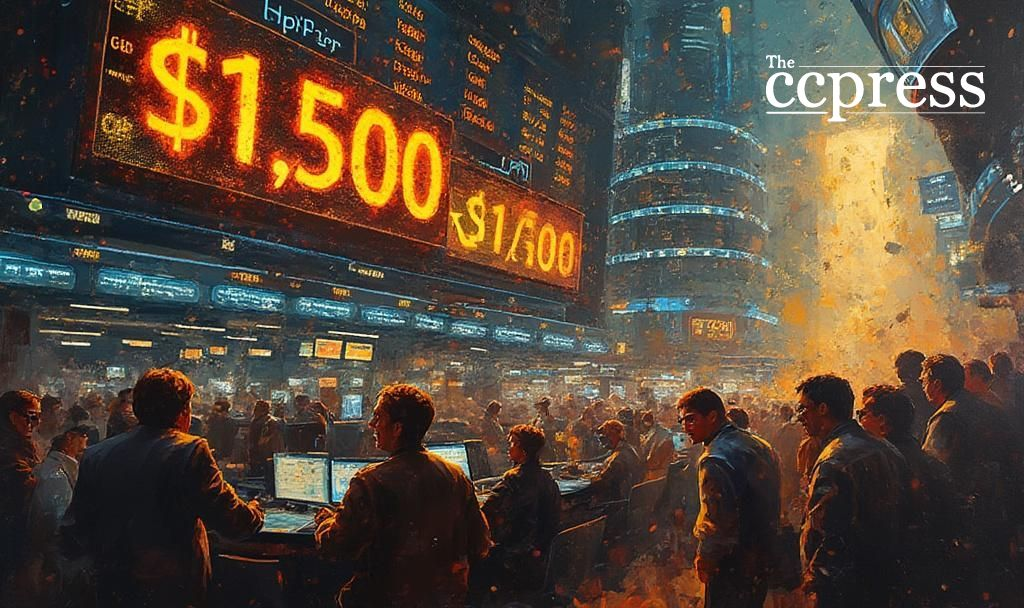- Bitcoin nears $106,000 with institutional support.
- Market cap surpasses $2.1 trillion.
- Institutional investors and large holders drive growth.

Bitcoin’s ascent to nearly $106,000 and surpassing a $2.1 trillion market cap highlights significant institutional activity. This trend shifts the market towards a solid foundation, emphasizing spot-driven growth over speculative actions.
Institutional investors and large holders are key players in this trend. Their accumulation of Bitcoin is fueling this price surge, reducing reliance on leveraged speculation and solidifying Bitcoin’s role as a stable investment. Bitfinex Analysts have remarked, “Bitcoin’s long-term prospects have never been stronger. With sovereign and institutional adoption on the rise, global ETF frameworks expanding, and the U.S. adopting a more favorable stance on crypto policy, BTC is transitioning into a global macro reserve asset.”
The immediate market impact includes Bitcoin’s price surge and increased investor confidence. This trend is positively impacting other cryptocurrencies, leading to significant gains for related assets like Ethereum.
Financial implications include robust institutional demand reflected in daily buying pressure on platforms like Coinbase. These purchases, primarily spot-driven, indicate sustained interest and a shift away from speculative trading.
The broader implications of this shift could redefine market stability and investor strategies. The ongoing accumulation by non-exchange wallets further underscores long-term market confidence.
Historical trends suggest regulatory advancements and expanding ETF frameworks support this ongoing institutional demand. Analysts predict further price increases, assuming stability in supply-demand conditions and continued regulatory backing. This trend positions Bitcoin as a global macro reserve asset.
| Disclaimer: The content on The CCPress is provided for informational purposes only and should not be considered financial or investment advice. Cryptocurrency investments carry inherent risks. Please consult a qualified financial advisor before making any investment decisions. |
























